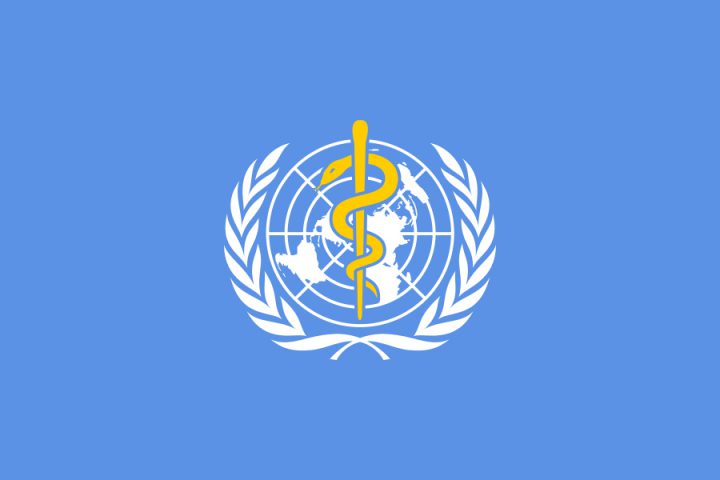The medical community at large is moving closer to accepting that transgender women and men are perfectly sound of mind.
The Lancet Psychiatry journal on Tuesday published evidence that could compel the World Health Organization and the American Psychiatry Association to no longer classify being transgender as a so-called “mental disorder”—a categorization that only contributes to discrimination against transgender individuals and stigmatizes their identities.
Current leading psychiatric diagnostic manuals cite inability to function and suffering from stress as fundamental trademarks of a mental disorder. However, a field trial that surveyed 250 transgender people in Mexico City found that the main sources of transgender individuals’ stress were social rejection and violence, as opposed to transgender identity itself.
“Our findings support the idea that distress and dysfunction may be the result of stigmatization and maltreatment, rather than integral aspects of transgender identity,” lead investigator Dr. Rebeca Robles said in a statement. “The next step is to confirm this in further studies in different countries, ahead of the approval of the WHO revision to International Classification of Diseases in 2018.” The Mexico City field trial is now being replicated in South africa, Lebanon, France, India and Brazil. Results from those studies are expected over the next six months.
The findings from these studies could conclude in the WHO declassifying transgender identity from its list of mental diseases in its 2018 version of the International Classification of Diseases (ICD), the organization’s global codebook that influences disease diagnostic manuals worldwide.
Transgender equality advocates are lauding the fieldwork and its implications as possible milestones toward securing equal rights and status for transgender persons.
“If we could stop society from judging people’s gender expression as a kind of craziness if it doesn’t fit what someone else thinks their gender identity ought to be,” said former president of the World Professional Association for Transgender Health Jamison Green. “That’s going to be a long process, it’ll be more than just changing the diagnosis. But that would be a step in the right direction.”


What Do You Think?